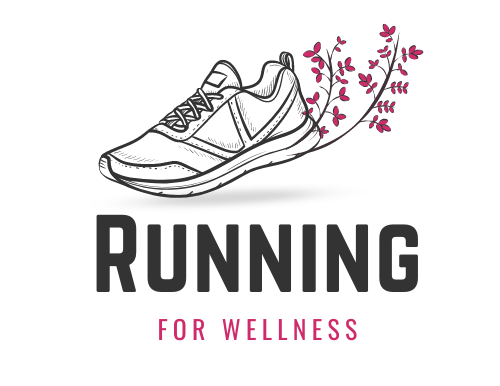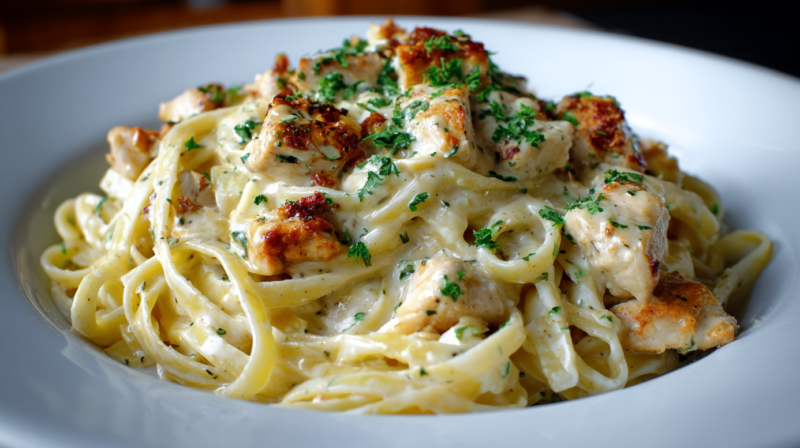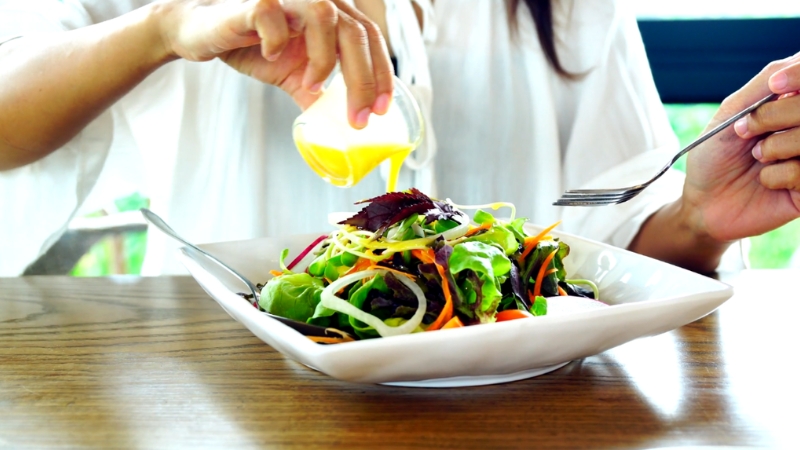Eating right before a marathon can make or break your race. The wrong food choices can leave you bloated, sluggish, or worse—running for the nearest porta-potty instead of the finish line.
The right pre-marathon diet, on the other hand, gives you stable energy, keeps your gut calm, and supports endurance from mile 1 to 26.2.
Your body runs on glycogen during long endurance events. Glycogen is how your muscles store carbohydrates—your primary fuel during a marathon. The average runner has enough glycogen to last about 90–120 minutes of hard effort.
After that, unless you’ve fueled properly beforehand, you risk hitting the dreaded “bonk”—sudden fatigue, loss of coordination, and an inability to keep pace.
Just as important is digestive comfort. Hard running diverts blood away from your gut and toward your muscles, making digestion more difficult.
Foods that are hard to digest—too fatty, too high in fiber, or too spicy—can lead to cramping, bloating, or gastrointestinal distress mid-race.
Table of Contents
Toggle3 Days Out: Start Carb Loading, But Do It Right
Carb loading isn’t about stuffing yourself with pasta the night before. It’s a gradual increase in carbohydrate intake over two to three days before the race, paired with a taper in training.
This allows your muscles to store more glycogen than usual—giving you a full fuel tank.
- White rice, pasta, and bread (low-fiber options)
- Potatoes (peeled), sweet potatoes
- Bananas, applesauce
- Low-fat yogurt, milk
- Sports drinks and juice
- Beans, lentils, and cruciferous vegetables (gas-forming)
- High-fat foods like pizza, fried dishes, or heavy sauces
- Alcohol and excessive caffeine dehydrate
Time Before Race
Carb Goal
Examples
72–48 hours
5–7g carbs/kg body wt
Pasta, rice, fruit, cereal
48–24 hours
7–10g carbs/kg
White bread, pancakes, pretzels
Night before
Light high-carb meal
White pasta with lean chicken
The Night Before the Race: Simple and Familiar
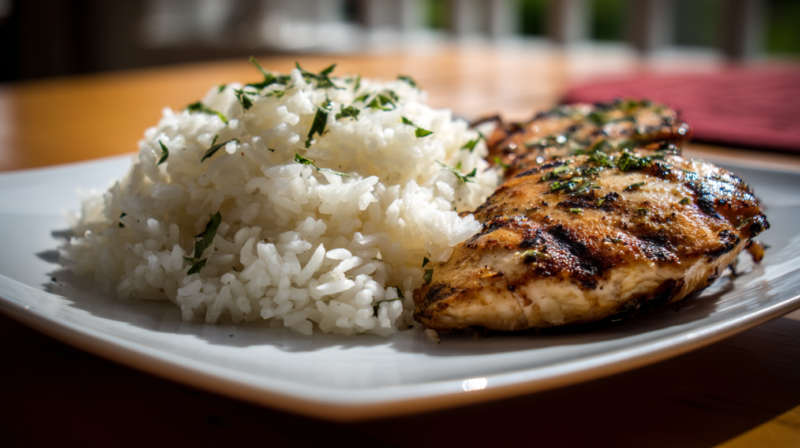
The dinner before the race is about maintaining high glycogen levels and not taking digestive risks. Keep the meal simple, bland, and familiar.
Choose foods you have eaten before your long runs during training and avoid anything new. Stick with plain carbohydrates, lean proteins, and small portions of fat.
Example of a Good Pre-Race Dinner
Component
Food Example
Carbohydrate
White rice, boiled potatoes, plain pasta
Protein
Grilled chicken, tofu, baked white fish
Small Fat Amount
Olive oil drizzle, avocado slice
Add Ons
Banana, applesauce, white bread
Aim to finish eating by seven or eight in the evening so your body has time to digest the food before bed. Drink water or a light electrolyte drink, but avoid drinking large amounts right before sleep to reduce bathroom interruptions.
Morning of the Race: Final Energy Top Up Without Upset
View this post on Instagram
A post shared by Jonah Rosner | Elite Running Scientist (@rosnerperformance)
Breakfast on race morning is essential. It should top off your liver glycogen stores and provide fuel for the early miles. Ideally, eat two and a half to three hours before your start time.
This gives your body time to digest the food and move it out of the stomach. Your meal should include easily digestible carbs, minimal fiber, and a little protein and fat. Avoid eating large portions or trying any new products.
Pre-Race Breakfast Options
Time Before Race
Meal Example
3 Hours
Plain bagel with peanut butter and banana
2 Hours
Oatmeal with a small amount of honey
1 Hour
Applesauce pouch and sports drink
30 Minutes
Energy chew or electrolyte drink sip
Some runners do not feel like eating early in the morning. In those cases, a light liquid breakfast can help. A carefully selected weight loss meal replacement shake can provide digestible energy if it contains sufficient carbs and minimal fat or fiber.
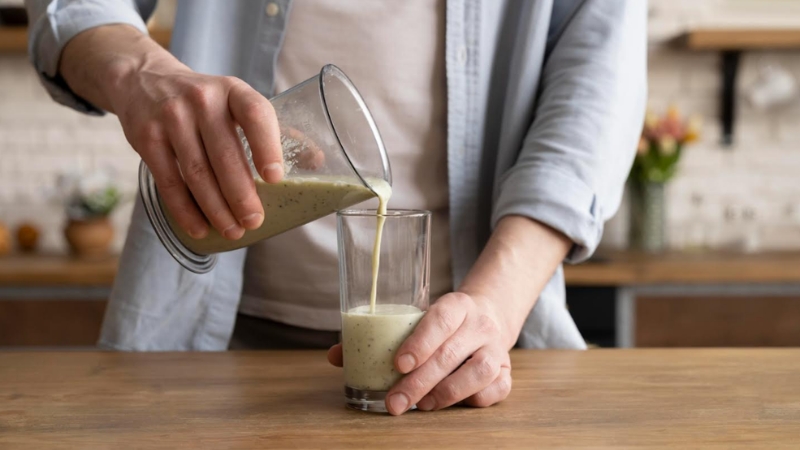
While most shakes are designed for calorie reduction, some are balanced enough for race prep if used intentionally. Just make sure it is something you have already tested on a training day.
What to Avoid on Race Morning
Many race-day digestive problems stem from breakfast mistakes. Foods that seem healthy on a normal day can backfire when paired with endurance effort and race nerves.
Here is what to skip to keep your stomach calm.
Avoid This
Reason
Fried or Greasy Foods
Delaying stomach emptying can cause nausea
High Fiber Cereal
May cause gas, bloating, or diarrhea
Breakfast Sandwiches
Too much fat and protein
New Foods or Supplements
Unpredictable reactions under stress
It is also wise to avoid excessive water intake immediately before the race. You want to be hydrated but not sloshing. Focus on sipping throughout the morning instead of chugging a large bottle just before the start.
During the Race: Minimal Fueling to Support Energy
@thedentalathlete Why I always sip carbs during my runs — especially during marathon training 👇 ⠀ For threshold/track sessions, I aim for 40g of carbs while running — usually with half a sachet of @OTE Sports Nutrition ♬ Illegal – PinkPantheress
Once you have a solid pre-race fueling plan, you only need small carbohydrate boosts during the race itself. For marathons, a common strategy is to take in thirty to sixty grams of carbs per hour after the first hour.
Gels, energy chews, and electrolyte drinks are all options. If you eat properly beforehand, your early miles should feel strong and steady without the need for quick sugar fixes.
Final Thoughts

The best pre-marathon diet is not just about energy. It is about giving your body the fuel it needs without triggering discomfort, cramps, or bathroom emergencies. The key principles are simple but effective.
Start your carb loading two to three days before the race using plain, low fiber foods. Avoid overdoing protein and fat. Eat a light, carb-rich dinner the night before. And have a tested breakfast early on race morning that sits well in your stomach.
For runners who struggle with early eating or who prefer liquid meals, a weight loss meal replacement shake that meets endurance fueling needs can be a helpful option, but it must be chosen carefully. Stick with whatever worked during training runs. Race day is no time for surprises.
When you fuel properly and keep digestion smooth, you not only feel stronger—you finish faster. With the right plan in place, your pre-marathon meals become a source of power, not stress.
Related Posts:
- Top 400 Hilarious Gym Quotes to Keep You Motivated
- How Long Does It Take to Train for a Half Marathon?
- Half Marathon Training Plan for Beginners - Simple…
- 25 Simple Running Motivation Tips To Get You Moving
- How Far Is a Half Marathon? Everything You Need to Know
- 6 Best Running Playlists Music for Every Pace and Mood
